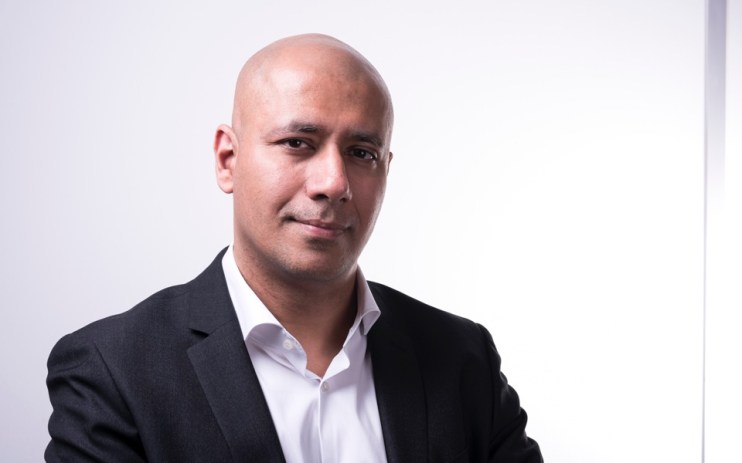How travel companies can emerge healthier than ever after Covid

Life has changed drastically this year and no less for those in the travel industry. Since March, the majority of flights have been grounded, borders have been closed and as a result, travel has all but halted. What was a $9trillion industry has had to suddenly, and without warning, pause.
We’ve all felt the effects – there’s nothing quite like a national lockdown (twice in our case in England) to prompt craving for that sunny Mexican beach holiday you’ve had on the bucket list for years, or perhaps you’ve had to cancel a work trip to Chicago that might have cinched a huge deal for your business.
Everything has changed. And it’s likely not going to return to normal for quite some time. McKinsey has predicted that a full travel recovery is four years away, and Bill Gates has predicted more than half of business travel will disappear post-Covid. So where does that leave the travel industry?
The answer lies in the willingness to step back and reassess. The first step is to revisit the travel customer journey. This was once straight-forward and linear, consisting of four consecutive stages; Dreaming, Planning, Booking, Sharing.
Cast your mind back to simpler times, when you’d be inspired to book a holiday or business trip by an advert or recommendation from a friend, before going to a travel agent to reserve the trip.
Compare that to how you are inspired to travel today. It could be the beautiful view of the Hong Kong skyline from the Rosewood Hotel you saw on Instagram, or an influencer video of a getaway in the Cotswolds you saw on TikTok, or a Facebook friend who’s just returned from Paris. Images and inspiration are all around us.
In short, booking trips stopped being a linear process. Large amounts of information and an ever-widening array of choices made the process more fragmented, as we flit from the dreaming to planning stage and back several times before making a decision.
Although this makes things trickier for travel brands, it’s also a huge opportunity. By researching and learning their place in the customer journey, travel providers can better identify their customer, create the right messages for them, and focus on pushing these out to the right audience, at the right time, using the right platforms.
A pandemic-designed customer journey
Uncertainties surrounding travel during and after the pandemic has added layers of complexity to an already convoluted process.
The age of Covid has brought with it a new set of concerns and priorities for travellers, and travel brands must take this time to look at their operations and evaluate how they can respond.
In the past five years, searches around booking a holiday or business trip have remained relatively unchanged;‘family break,’ ‘hot tub included,’ ‘half-board,’ ‘conference facilities’ and ‘vegetarian friendly’ have been trumped by newer and more important terms around the safety of destinations, tour operators, hotels and airlines.
We want to ensure we avoid travelling to cities that are crowded, hotels that don’t follow stringent cleaning processes and social distancing rules, and tour operators that don’t offer some sort of reassurance when we come to hand over our money.
By understanding the new mindset and incorporating this into the booking process itself, rather than as an added extra, travel brands can provide reassurance to their customers and build trust as we move into a “new normal”.
Looking forward
This doesn’t end with the booking stage. Successful travel businesses will have to go above and beyond by providing great customer service, especially when things go wrong.
A universal concern among travellers right now is cancellations. We’ve now come to terms with the fact that Covid is not a short-term problem and that its consequences will be felt for years to come. Providers need to take potential cancellations and refund expectations into account and adapt to this new way of life. Cancellation and flexibility need to be factored into the buying process and discussed openly. Only then can they reassure customers and rebuild trust in the industry.
This will be no easy feat as brands will need to make changes to their operations from the ground up, and possibly transform their entire business strategy. But doing so is the first hurdle in deciding whether they fail because of the pandemic, or succeed, having learnt more about their customers, their needs, concerns and priorities, and incorporating that into their business.
• Farhad Divecha is MD and Founder of international digital marketing agency AccuraCast